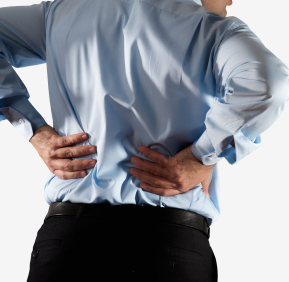Urinary Tract Bleeds
 People with hemophilia and other severe bleeding disorders have bleeding in their urinary tracts. The urinary tract includes your kidneys, the tubes that connect them to your bladder (the ureters), your bladder, and the tube that carries urine from the bladder to outside your body (the urethra). These bleeds can happen without a clear cause (a spontaneous bleed) or as a result of an injury. The treatment depends on where the bleeding is coming from. Most kidney bleeds happen without a known cause. Bladder bleeds are usually due to an infection.
People with hemophilia and other severe bleeding disorders have bleeding in their urinary tracts. The urinary tract includes your kidneys, the tubes that connect them to your bladder (the ureters), your bladder, and the tube that carries urine from the bladder to outside your body (the urethra). These bleeds can happen without a clear cause (a spontaneous bleed) or as a result of an injury. The treatment depends on where the bleeding is coming from. Most kidney bleeds happen without a known cause. Bladder bleeds are usually due to an infection.
Signs that you are having a urinary tract bleed:
- Your urine (pee) is pale or bright red or the color of Coca-Cola®
- You have pain in your lower back.
How to treat a urinary tract bleed:
- If the blood appears after you have been hit, call your doctor. Your doctor will check to see if you have an injury inside your body. You may need an x-ray to be sure that your kidneys are not damaged.
- If the bleeding starts for no known reason, drink more water to flush out your kidneys and bladder. This helps prevent clots which could damage your kidneys or ureters (the tubes that run from your kidneys to your bladder). To flush your system, drink an eight ounce glass of water each hour during the day and one glass every couple of hours at night.
- If you still have symptoms after drinking the water or you think you may need to take factor, call your doctor.
- Rest flat on your back for 24 hours or as your doctor tells you. Get up only to go to the bathroom.
- Don't lift, pull, or push anything heavy for one to two weeks.
Remember these things, too:
- Urinary tract bleeds can be caused by inflammation, infection, or injury. Most kidney bleeds happen without a known cause.
- The pain often starts in your back and can be either constant or come and go. The pain may move to the front and down your leg.
- If clots are not flushed out of the kidneys and ureters, the clots may stop the urine flow and lead to kidney failure.
- Amicar® should never be taken during kidney bleeds since it will prevent clots from dissolving.
Call your doctor or treatment center if:
- You have blood in your urine caused by an injury.
- The blood in your urine does not stop.
- You have to urinate (pee) a lot or have pain when you urinate. This can mean that you have an infection.
- You have strained or hurt your back, side, or stomach area. Your doctor will need to check for bleeding inside your body.
